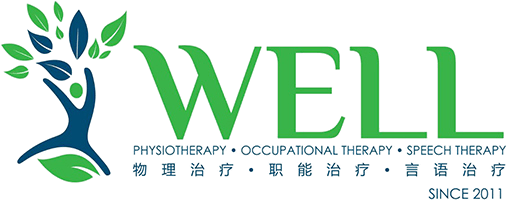Post-Covid Care
Share this
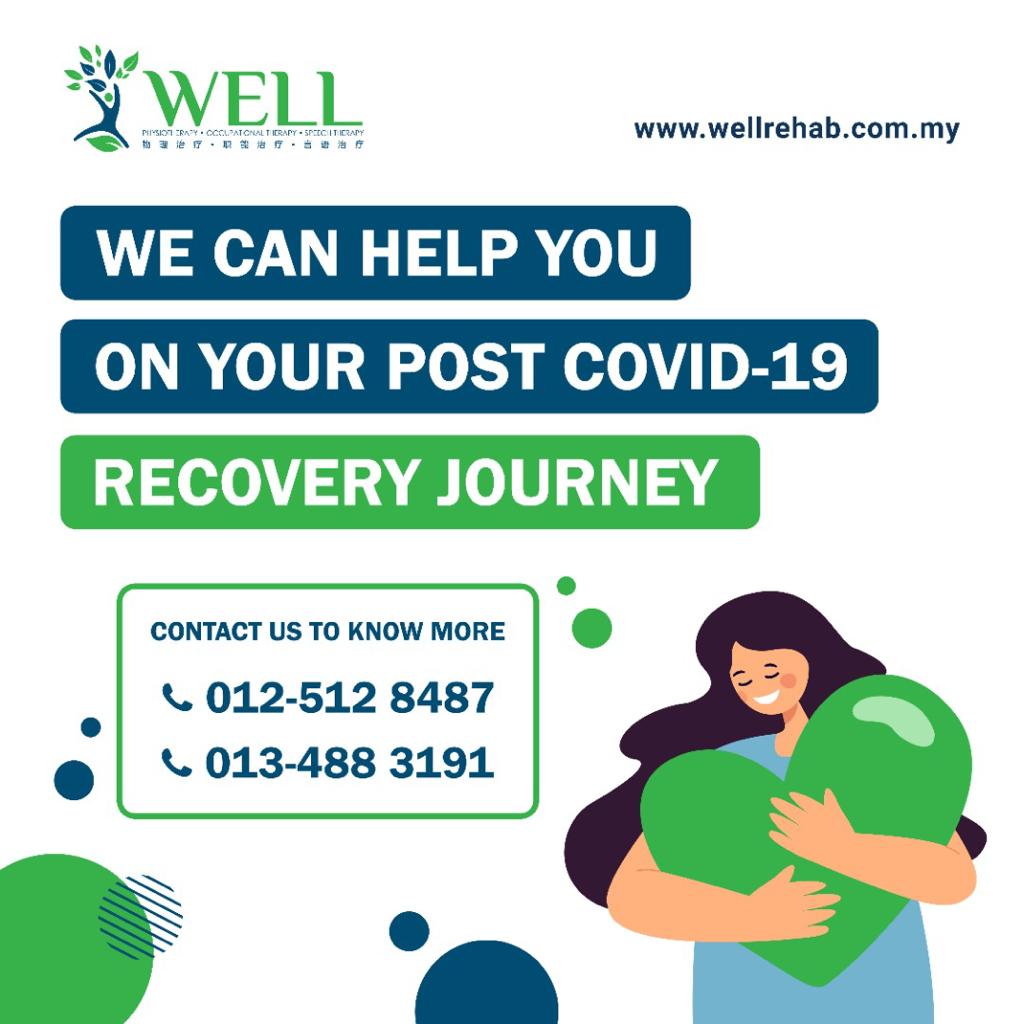
Importance of Post COVID-19 Recovery
Although most patients with COVID-19 recover within a few weeks, some people develop post-COVID symptoms. Post-COVID conditions are a variety of new, returning, or persistent health problems that can occur more than four weeks after being infected with the virus that causes COVID-19. Even those who did not exhibit symptoms when infected can develop post-COVID problems. For varying durations of time, these disorders can cause various sorts and combinations of health problems.
Covid-19 may increase the risk of long-term health problems such as:
- Fatigue or exhaustion
- Having trouble concentrating or thinking
- Headache
- Loss of smell or taste
- Standing causes dizziness
- Pain in the chest
- Breathing problems or shortness of breath
- Coughing
- Muscle or joint pain
- Anxiety or depression
- Symptoms of fever that worsen after engaging in physical or mental activity
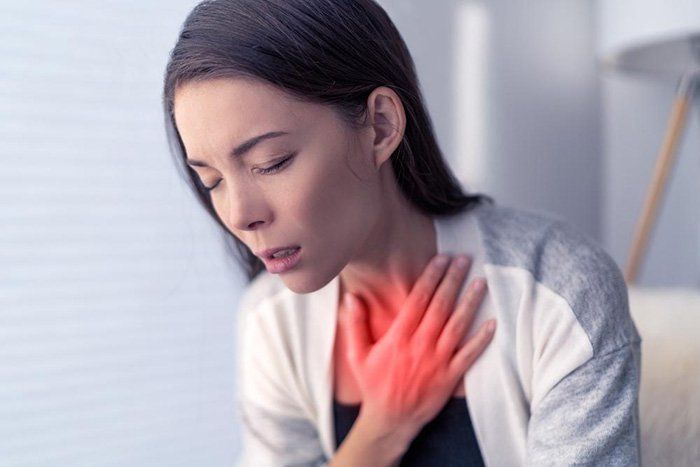
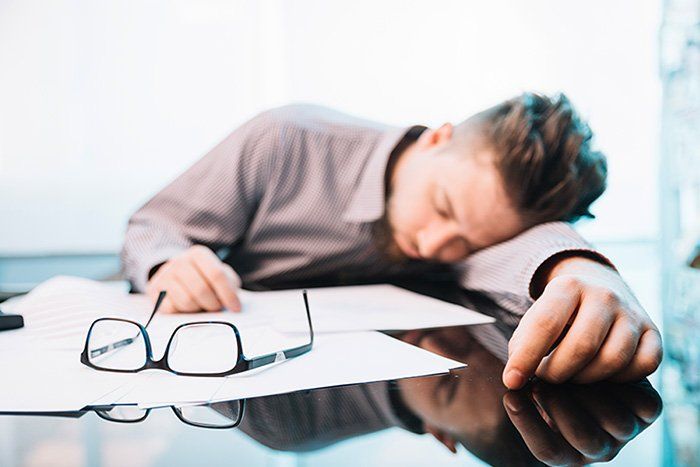
Importance of Post COVID-19 Recovery
Rehabilitation is an effective method for ensuring that patients do not decline and require readmission after discharge. This is especially important during the COVID-19 epidemic when hospital beds are limited. Treatment such as physiotherapy, occupational therapy and mental health support has proven to be beneficial to support post COVID-19 recovery.
Physiotherapy
The physiotherapist can aid in the rehabilitation of COVID-19 patients who are experiencing difficulties with everyday physical functions. The purpose of physiotherapy treatment is also for the patient to be able to increase their physical activity and exercise capability.
Patients recovering from COVID-19 frequently feel fatigued and exhausted, both physically and psychologically, because of moderate activity; however, this will improve over time. You will most likely have lost weight and muscular strength throughout your sickness, and your joints may be tight. During your sickness, it is predicted that you will have lost 2% of your muscle mass every day. It is impossible to put a time limit on recovery because everyone heals at their own pace, so do not worry if it takes weeks or even months to go back to normal.
A physiotherapist can guide you through some mild exercise such as breathing exercise and light cardio work which will help with your lung recovery, regain previous strength and to cope with your post COVID-19 exhaustion.
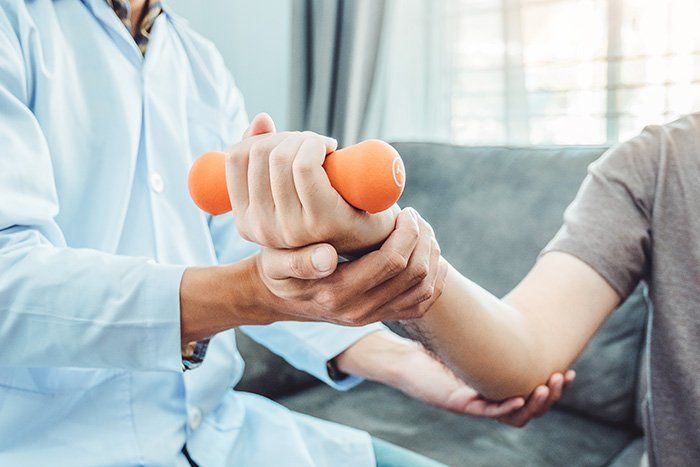
Occupational Therapy
If you are frustrated by a loss of normalcy in your daily routine after recovering from the epidemic, now is the time to consult an occupational therapist for post-COVID-19 rehabilitation treatment. Occupational therapists work with people who have physical, cognitive, emotional, or developmental disabilities. They may be able to assist you in the following ways:
- Encourage mental health and self-care to reduce anxiety and depression symptoms and improve coping abilities.
- Maximizing respiratory function, bed mobility, and early mobilization by positioning
- Managing communication to encourage social involvement
- Retraining and reorientation of cognition, as well as sensory stimulation and energy conservation
- Changing the home and work environments, as well as ergonomic suggestions for working from home and the office
- Assisting children in dealing with this collective disaster
Overall, an occupational therapist may play a critical role in assisting clients in improving their self-management abilities during these uncertain times. Meet with an occupational therapist to maximize your post-COVID-19 occupational involvement.
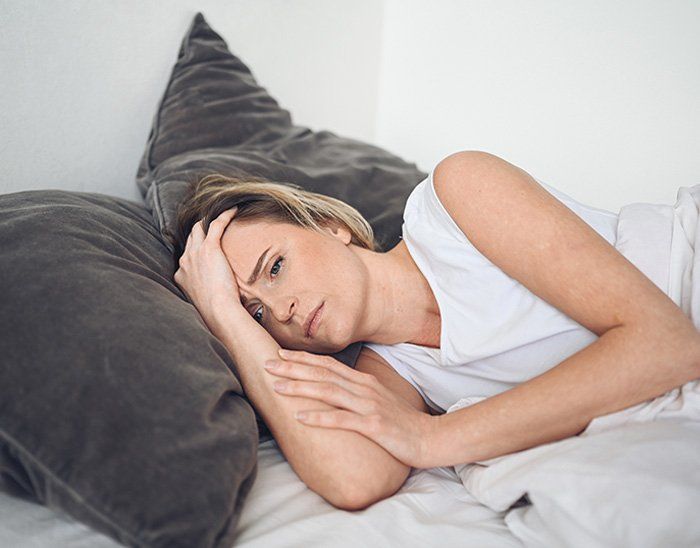
Mental Health Support
An employee who has recovered physically from Covid-19 may still be mentally unable to return to work and may require assistance in dealing with the psychological stresses. Covid-19 impacts one’s mental health because of limited movements, changes in routine, risk of unemployment, financial troubles, greater awareness of surrounding cleanliness, loss of loved ones, social isolation, and conflicts/abuses in quarantine. Anxiety, stress, depression, panic attacks, post-traumatic stress disorder (PTSD), and obsessive-compulsive disorders are among the common mental health disorders reported (OCDs).
Consulting a psychotherapist can help post COVID-19 individuals in coping with stress, anxiety, depression, and post-traumatic symptoms. Beside, getting a proper psychotherapy will also help these people to improve their sleep, career counselling, coping with grief and loss and also to reduce the sense to guilt.

